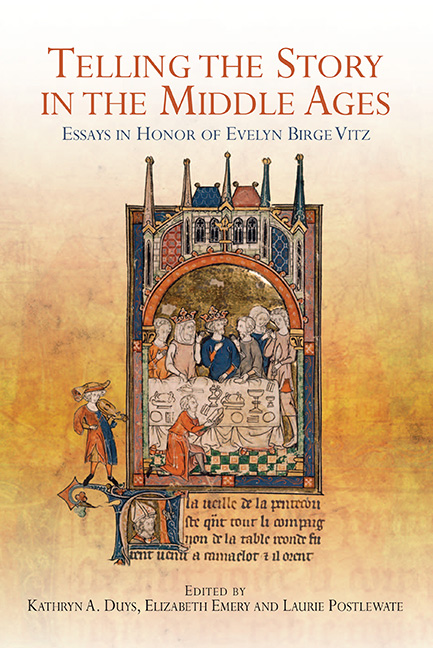Turner a pru: Conversion and Translation in the Vie de seint Clement
Published online by Cambridge University Press: 17 June 2021
Summary
The turning of the human soul to God in conversion and the textual turning, or translation to the vernacular, are parallel and complementary transformations in the anonymous thirteenth-century Vie de seint Clement. The narrative of the conversion of Clement I, a former pagan who under the tutelage of the apostle Peter became the bishop of Rome, was translated and adapted from composite Latin sources; its reworking into some 15,000 lines of Anglo-Norman octosyllabic couplets exemplifies how hagiographic texts reflect the ideological concerns and textual practices of their time. Of course, both conversion and translation are common motifs in hagiography. The vitae of holy men and women, both in Latin and the vernaculars, often include, or are constructed around, a moment of reckoning, a revelation of truth generated by the example of a previous convert who becomes the auctoritas ad salutem, a model of salvation. These stories serve, in turn, as the catalyst for conversion in the reading or listening public, fusing the story of the narrative with the lives of those who read or hear it. Conversion stories are also discrete moments in the universal story of salvation, the ‘bringing together’ of the people of God, separated since the Fall and reunited in the hope of eternal life. Almost all vernacular saints’ lives derive in some way from a Latin source text and it is not uncommon to find that the translators/authors refer in their prologues and throughout to the act of translation. The Vie de seint Clement is exceptional for making particularly clear the symbiotic relationship between the experiences in the text of conversion and that of translating it; it is a unique example of how medieval hagiography integrates audience response to stories into its very ethos.
The present essay examines how the Vie de seint Clement presents both religious conversion and textual translation as acts that bring about pru – benefit or good – to those who, in different but connected ways, are the recipients of them. We will discuss first how the narrative of the Vie represents the conversion of individuals and of communities through both reason and story. Conversion is depicted in Clement's life as the slow process of reisun, a term the author uses with remarkable frequency in the Vie to indicate both how one character persuades another and how characters arrive at understanding.
- Type
- Chapter
- Information
- Telling the Story in the Middle AgesEssays in Honor of Evelyn Birge Vitz, pp. 187 - 204Publisher: Boydell & BrewerPrint publication year: 2015



